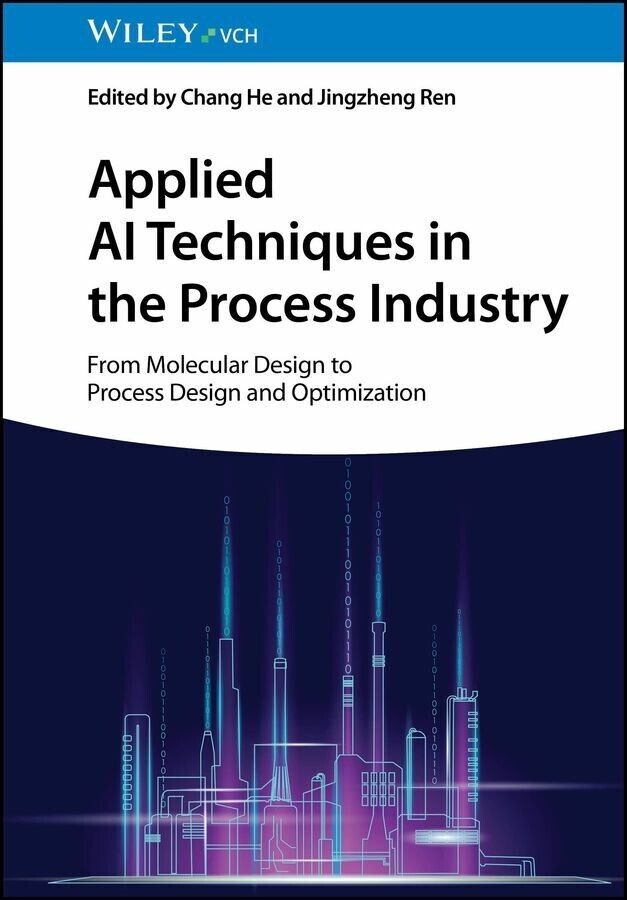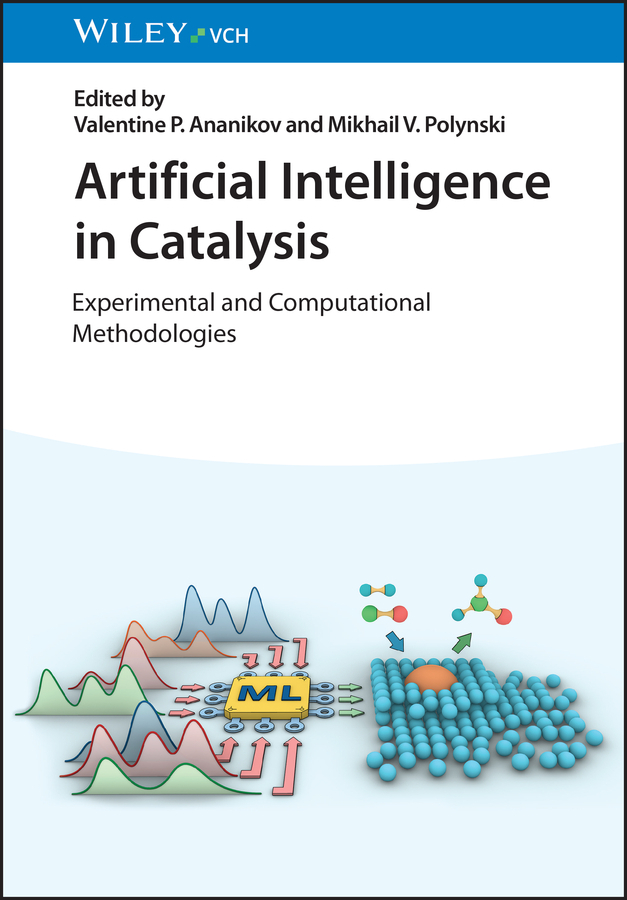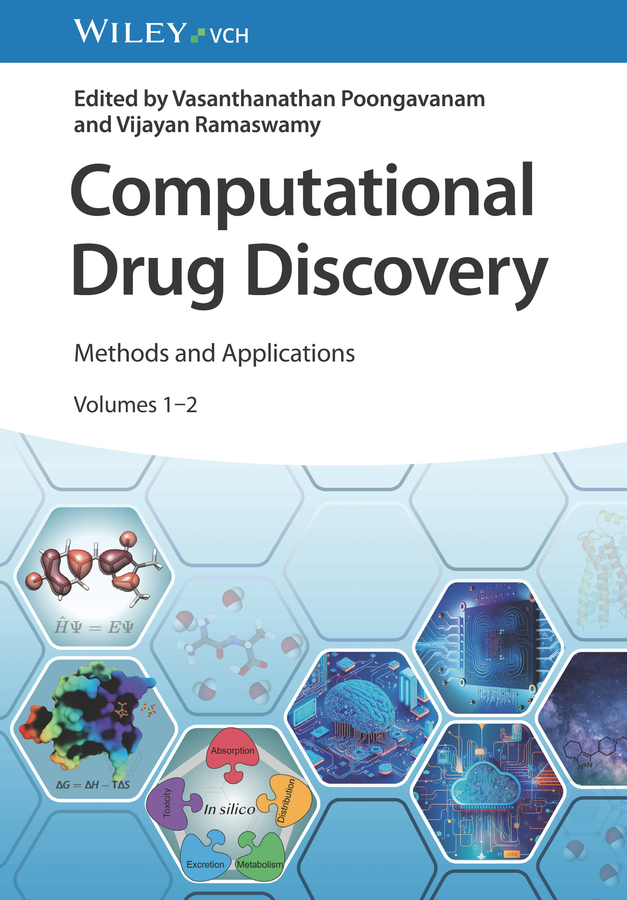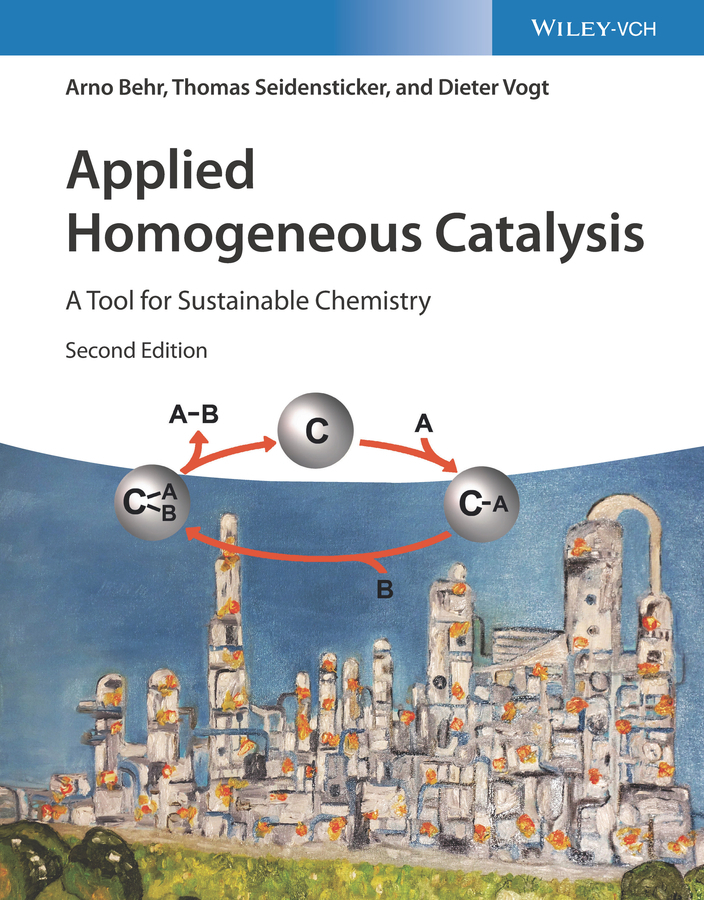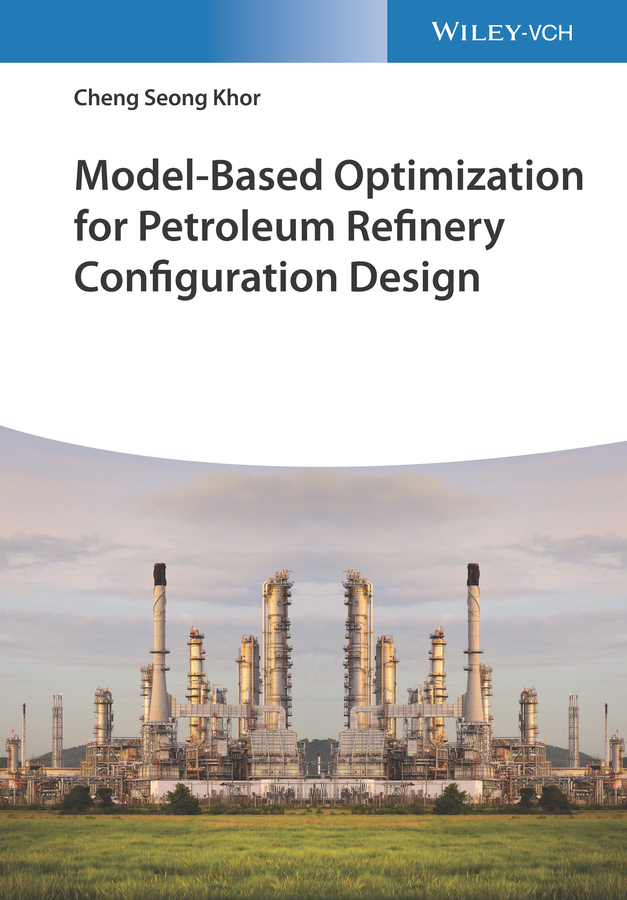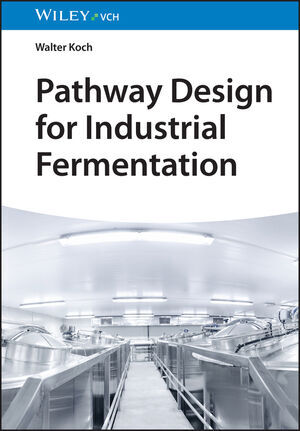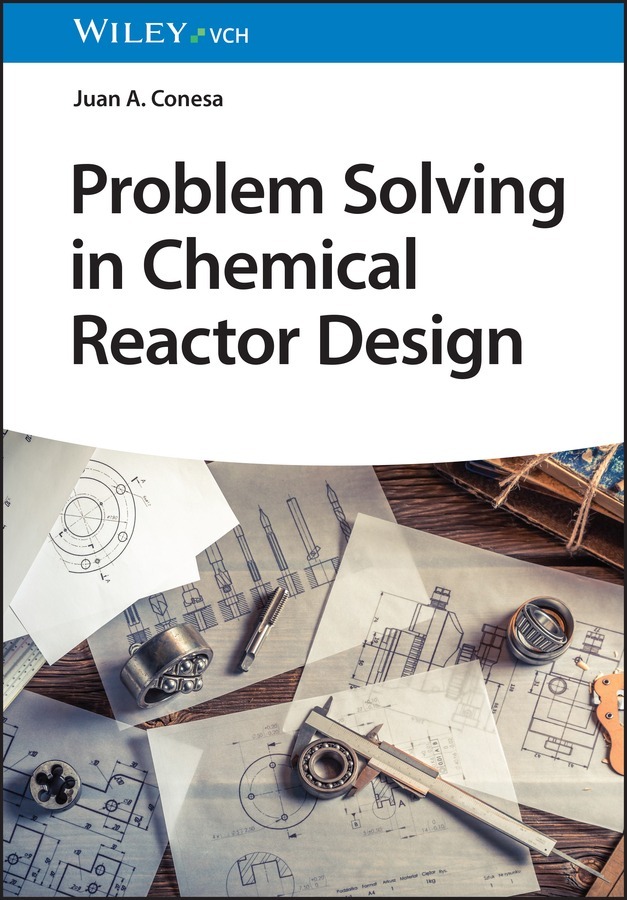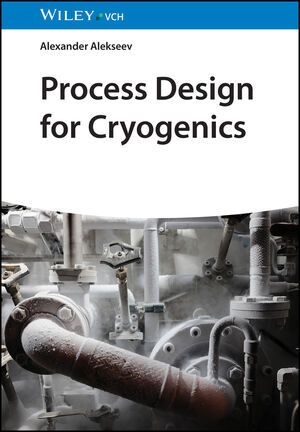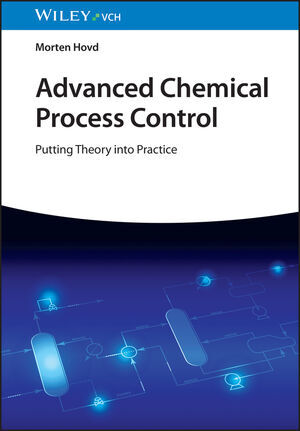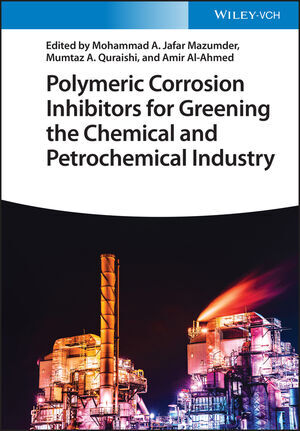Applied AI Techniques in the Process Industry
Thorough discussion of data-driven and first principles models for energy-relevant systems and processes, approached through various in-depth case studies
Applied AI Techniques in the Process Industry identifies and categorizes the various hybrid models available that integrate data-driven models for energy-relevant systems and processes with different forms of process knowledge and domain expertise. State-of-the-art techniques such as reduced-order modeling, sparse identification, and physics-informed neural networks are comprehensively summarized, along with their benefits, such as improved interpretability and predictive power.
Numerous in-depth case studies regarding the covered models and methods for data-driven modeling, process optimization, and machine learning are presented, from screening high-performance ionic liquids and AI-assisted drug design to designing heat exchangers with physics-informed deep learning.
Edited by two highly qualified academics and contributed to by a number of leading experts in the field, Applied AI Techniques in the Process Industry includes information on:
- Integration of observed data and reaction mechanisms in deep learning for designing sustainable glycolic acid
- Machine learning-aided rational screening of task-specific ionic liquids and AI for property modeling and solvent tailoring
- Integration of incomplete prior knowledge into data-driven inferential sensor models under the variational Bayesian framework
- AI-aided high-throughput screening, optimistic design of MOF materials for adsorptive gas separation, and reduced-order modeling and optimization of cooling tower systems
- Surrogate modeling for accelerating optimization of complex systems in chemical engineering
Applied AI Techniques in the Process Industry is an essential reference on the subject for process, chemical, and pharmaceutical engineers seeking to improve physical interpretability in data-driven models to enable usage that scales with a system and reduce inaccuracies and mismatch issues.
Dr. Chang He is an Associate Professor in the School of Chemical Engineering and Technology, Sun Yat-Sen University. His research focuses on the multi-scale integration, design, optimization, and sustainability of the advanced energy systems.
Dr. Jingzheng Ren is currently an Associate Professor at The Hong Kong Polytechnic University. He received the 2022 Asia-Pacific Economic Cooperation (APEC) Science Prize for Innovation, Research and Education (ASPIRE Prize).
| ISBN | 9783527845477 |
|---|---|
| Artikelnummer | 9783527845477 |
| Medientyp | E-Book - PDF |
| Copyrightjahr | 2024 |
| Verlag | Wiley-VCH |
| Umfang | 336 Seiten |
| Sprache | Englisch |
| Kopierschutz | Adobe DRM |

